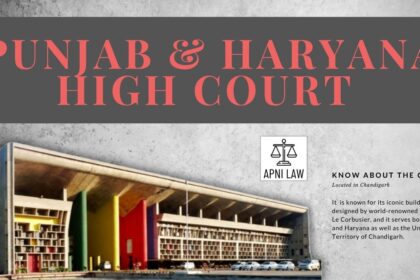Code: Section 238 BNS
Whoever, knowing or having reason to believe that an offence has been
committed, causes any evidence of the commission of that offence to disappear, with the
intention of screening the offender from legal punishment, or with that intention gives any
information respecting the offence which he knows or believes to be false shall,—
(a) if the offence which he knows or believes to have been committed is
punishable with death, be punished with imprisonment of either description for a
term which may extend to seven years, and shall also be liable to fine;
(b) if the offence is punishable with imprisonment for life, or with imprisonment
which may extend to ten years, be punished with imprisonment of either description
for a term which may extend to three years, and shall also be liable to fine;
(c) if the offence is punishable with imprisonment for any term not extending
to ten years, be punished with imprisonment of the description provided for the
offence, for a term which may extend to one-fourth part of the longest term of the
imprisonment provided for the offence, or with fine, or with both.
Illustration.
A, knowing that B has murdered Z, assists B to hide the body with the intention of
screening B from punishment. A is liable to imprisonment of either description for seven
years, and also to fine.
Explanation of Section 238 BNS
Section 238 of the Bharatiya Nyaya Sanhita (BNS), 2023, penalizes the deliberate destruction of evidence or the act of providing false information to protect an offender. The section ensures that those who attempt to obstruct justice by concealing crimes face strict legal consequences.
Key Elements of Section 238 BNS
- Knowledge of the Offence – The person must know or have reason to believe that an offence has occurred.
- Two Prohibited Acts:
- Destroying Evidence – Removing, hiding, or tampering with evidence to protect the offender.
- Giving False Information – Misleading authorities to shield the accused.
- Punishment Based on Severity of the Offence:
- For offences punishable by death → Up to 7 years imprisonment + fine.
- For offences punishable by life imprisonment → Up to 3 years imprisonment + fine.
- For lesser offences → One-fourth of the maximum punishment for the offence.
- Exception for Close Relatives – A person is not liable if they attempt to screen their spouse or close family members.
Illustration
Example 1: Destroying Murder Evidence
A man witnesses his friend commit a murder and helps him burn the weapon used in the crime. Since murder is punishable by death, he could face up to 7 years imprisonment and a fine under Section 238 BNS.
Example 2: False Alibi for a Criminal
A woman provides the police with a fake alibi for her brother, who is accused of robbery. Since robbery carries a potential sentence of 10 years, she may face one-fourth of that sentence (2.5 years) under Section 238 BNS.
Common Questions and Answers on Section 238 BNS
1. What is the main purpose of Section 238 BNS?
- To punish those who destroy evidence or give false information to shield offenders, ensuring that justice is not obstructed.
2. How is punishment decided under Section 238 BNS?
- The penalty depends on the severity of the offence being concealed:
- Offence punishable by death → Up to 7 years imprisonment.
- Offence punishable by life imprisonment → Up to 3 years imprisonment.
- Other offences → One-fourth of the maximum punishment.
3. Does this section apply to close family members?
- No. A person who hides evidence to protect their spouse or close relatives is exempt from punishment under Section 238 BNS.
4. What is considered “false information” under this section?
- Any misleading statement given to law enforcement with the intention of protecting an offender, such as:
- Providing a false alibi.
- Hiding key witnesses or documents.
- Misrepresenting the facts of the case.
5. Can a person be charged under Section 238 BNS for unintentional mistakes?
- No. The section applies only when there is intent to screen an offender. Accidental mistakes or misstatements without criminal intent are not punishable.
Conclusion
Section 238 BNS plays a vital role in maintaining the integrity of criminal investigations by penalizing those who tamper with evidence or mislead authorities. By ensuring strict punishments, it acts as a deterrent against obstruction of justice.
For more expert legal explanations, visit ApniLaw today! 🚀








